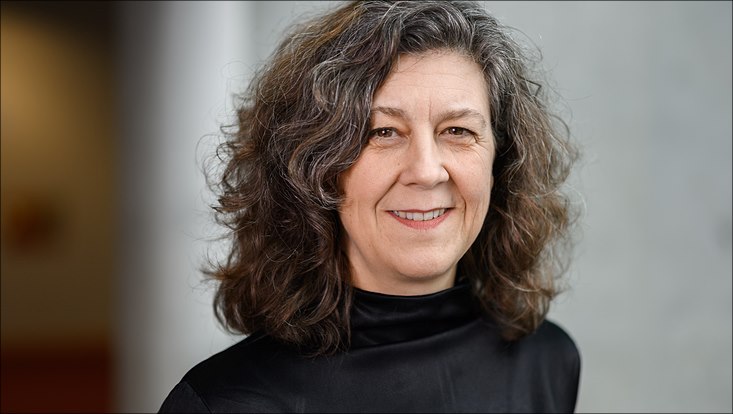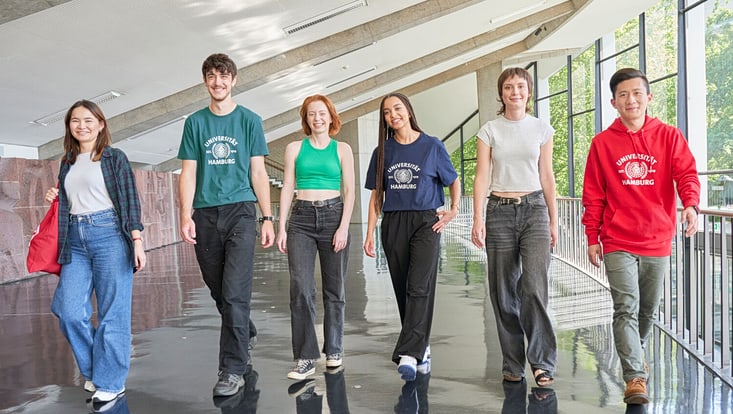and Society (CLICCS)
Sociology for the Climate
18 January 2022, by Prof. Anita Engels for the Deutsche Klimakonsortium (DKK)

Photo: UHH/S. Engels
In order to overcome the climate crisis, we need to achieve a sweeping societal transformation. According to Professor Anita Engels, this goal can be reached, but we shouldn’t place our hopes neither in technological solutions nor in magic bullets provided by sociology.
The climate crisis continues to primarily and instinctively be seen as a problem of the natural sciences. When it comes to overcoming it, many have placed their hopes in technological solutions – hydrogen, CO2 removal, electric vehicles, the list goes on and on. Therefore, as a sociologist, people often ask me how society can be persuaded to adopt these new technological solutions. Or what concrete steps are needed in order for society to achieve this technological vision of transformation.
As you’ve likely already guessed, based on research there can only be one answer: that there are no simple solutions – especially not provided by climate sociology. In my role as a professor, I’ve been working with my colleagues for many years to find alternative approaches. In terms of research, teaching, transfer and advising, my goal is to apply a social sciences perspective on societal transformation processes in order to arrive at a better understanding of what’s possible. It becomes readily apparent that acceptance for unpopular political measures can’t simply be acquired; at best, it is the outcome of a successful political process.
What this tells us: there are no simple technological solutions that could achieve the urgently needed transformation fast enough, or in the required depth. Yes, the great societal transformation we have to achieve will be difficult and complex, and we don’t have any precedents to guide us. At its heart, it’s a political problem, since it’s always about questions like whose ways of life will increasingly come under pressure, who will be confronted with difficult impositions, how those sacrifices can be compensated for, and for whom climate protection will be facilitated.
From a social sciences perspective, the most important thing is for climate protection to be pursued in a way that allows as many groups and levels of society as possible to experience co-benefits and develop ownership. This can happen when climate protection targets are aligned with a respective group’s own interests and priorities. No matter whether it’s citizens’ energy cooperatives, climate-friendly business models, real-world laboratories, or efforts to strengthen municipal administrative bodies – all of these approaches are just as important as pursuing technological options.
Further Information
Prof. Dr. Anita Engels is a Professor of Sociology with a focus on globalization, environment and society and Co-Speaker of Universität Hamburg’s Cluster of Excellence “Climate, Climatic Change, and Society” (CLICCS). She is also a member of the Board at the DKK and serves on the Steering Committee of the Wissenschaftsplattform Klimaschutz, which advises Germany’s Federal Government on climate-protection-related issues.
The German Climate Consortium (DKK) is a federation representing leading actors in German climate research and climate impact research. These include universities, non-academic research institutions and federal authorities. The DKK stands for science-based political advising, addresses highly topical issues, and draws on sound expertise to offer essential background information.


